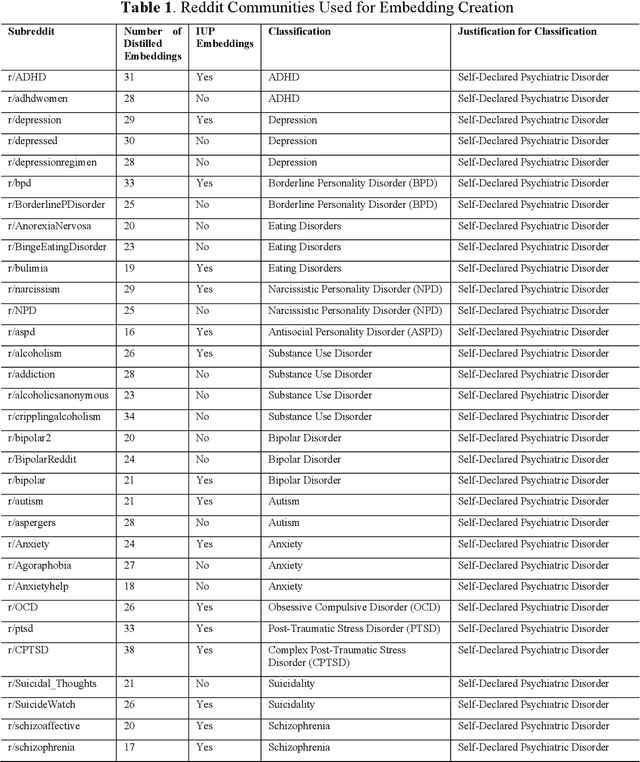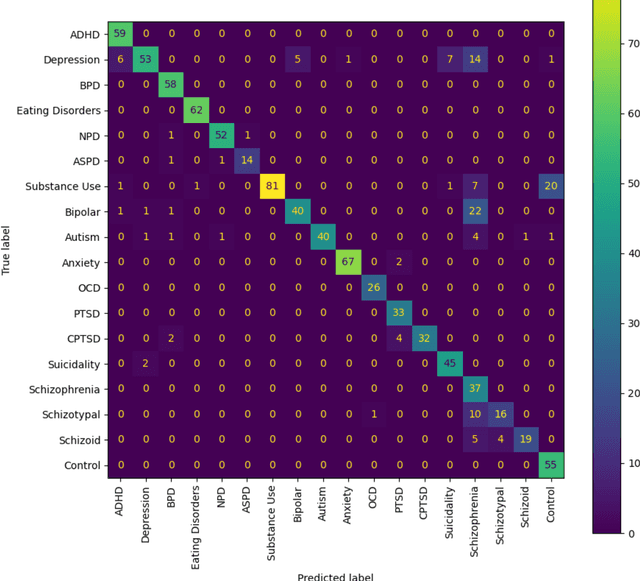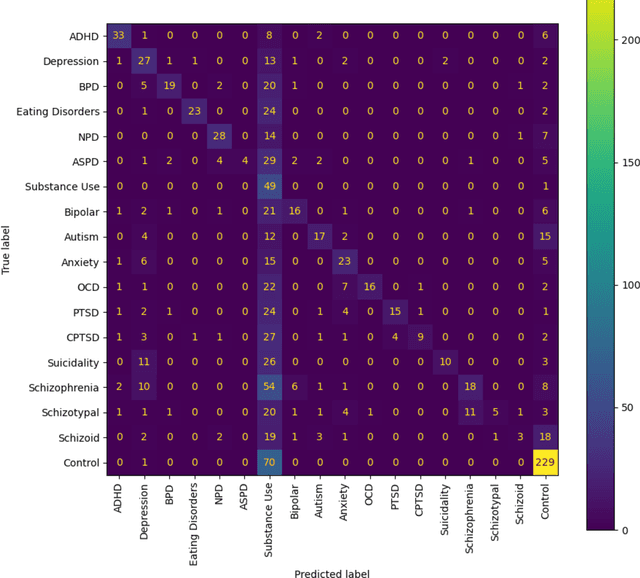Topological Data Mapping of Online Hate Speech, Misinformation, and General Mental Health: A Large Language Model Based Study
Paper and Code
Sep 22, 2023



The advent of social media has led to an increased concern over its potential to propagate hate speech and misinformation, which, in addition to contributing to prejudice and discrimination, has been suspected of playing a role in increasing social violence and crimes in the United States. While literature has shown the existence of an association between posting hate speech and misinformation online and certain personality traits of posters, the general relationship and relevance of online hate speech/misinformation in the context of overall psychological wellbeing of posters remain elusive. One difficulty lies in the lack of adequate data analytics tools capable of adequately analyzing the massive amount of social media posts to uncover the underlying hidden links. Recent progresses in machine learning and large language models such as ChatGPT have made such an analysis possible. In this study, we collected thousands of posts from carefully selected communities on the social media site Reddit. We then utilized OpenAI's GPT3 to derive embeddings of these posts, which are high-dimensional real-numbered vectors that presumably represent the hidden semantics of posts. We then performed various machine-learning classifications based on these embeddings in order to understand the role of hate speech/misinformation in various communities. Finally, a topological data analysis (TDA) was applied to the embeddings to obtain a visual map connecting online hate speech, misinformation, various psychiatric disorders, and general mental health.
 Add to Chrome
Add to Chrome Add to Firefox
Add to Firefox Add to Edge
Add to Edge